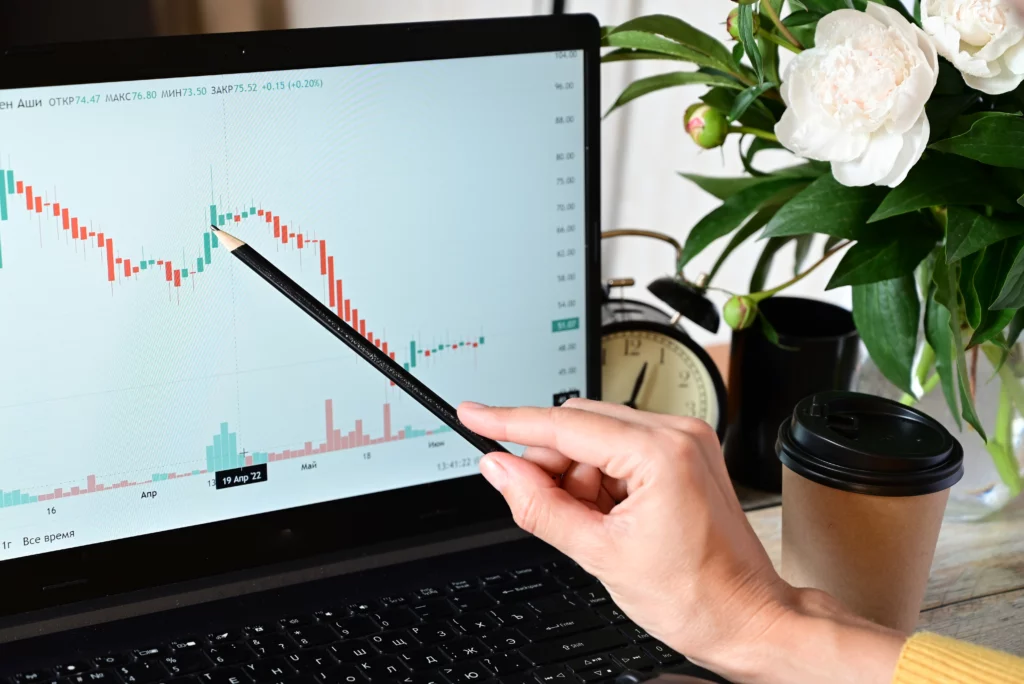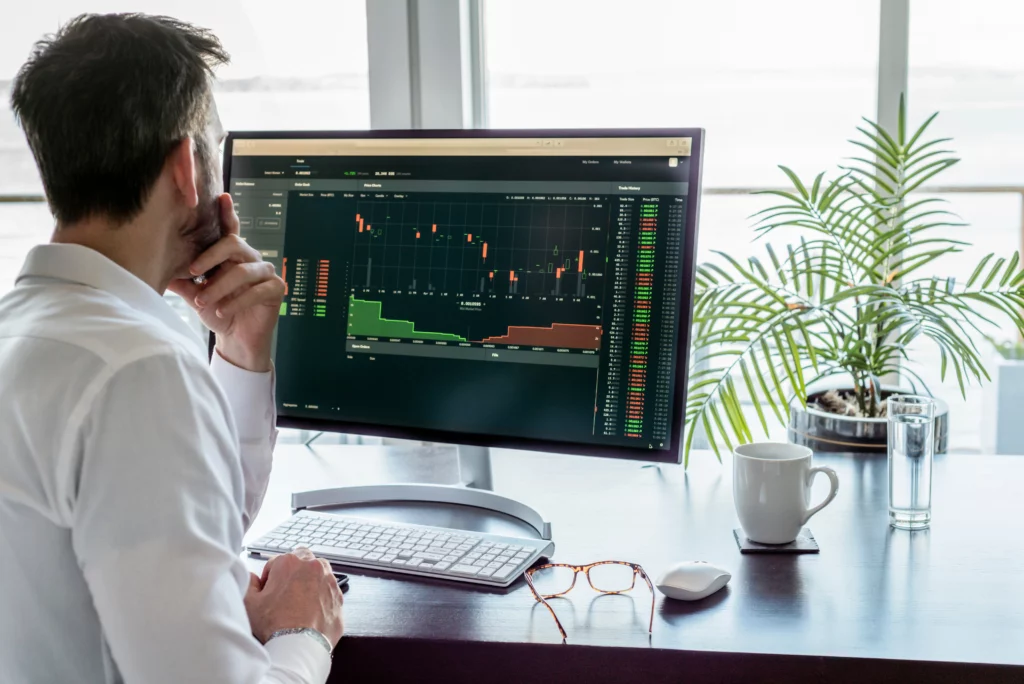-
- Trading Platforms
- PU Prime App
- MetaTrader 5
- MetaTrader 4
- PU Copy Trading
- Web Trader
- PU Social
-
- Trading Conditions
- Account Types
- Spreads, Costs & Swaps
- Deposits & Withdrawals
- Fee & Charges
- Trading Hours
The Gaza-Israel conflict, commonly referred to as the Israeli-Palestinian conflict, is a protracted dispute between Israel and the Palestinian organisation Hamas. The conflict has gone on tumultuously for decades, but Hamas decided to launch an unprecedented attack against Israel on 7 October by deploying armed troops and thousands of missiles into the country, causing approximately 2,300 people injured and at least 700 deaths. On Sunday (8 October), Israel formally declared a war with Hamas, now referred to as the Israel-Hamas war. As gold and oil are considered two of the most traded commodities in the world, these two commodities might experience major price fluctuations and it is important to have a look at how the Israel-Hamas war can have an impact on oil prices and gold price per gram. In this article, we will delve into how the Israel war with Hamas could impact greatly on the oil and gold markets.
After the Israel-Hamas war which happened last weekend, many traders and investors were compelled to seek refuge in safe-haven assets, and focused more on gold trading, crude oil trading and US currency because of uncertainty. As a result, there was an aggressive surge in gold price per gram and oil prices, with the former climbing nearly 1% and latter jumping more than 4% after a significant dip that happened the previous week. There had also been several fluctuations in oil prices since the Israel-Hamas war due to traders’ response to fear of escalation in oil prices. In addition to that, the US dollar which is usually regarded as a safe-haven currency could see a rise in its demand, amid the increase in geopolitical tensions.

While Israel’s war with Hamas caused a surge in gold, further price movement is expected to be volatile during this period of uncertainty. There were also concerns about a potential proxy war happening between the US and Iran, each known to be backers of Israel and Hamas respectively. This throws a wrench into months of sanction-easing talks between the US and Iran. With the latter being a major oil exporter, crude prices are expected to continue rising should the war continue.
Besides oil and gold prices, natural gas can be predicted to have higher chances of price surge. Since the Israel war with Hamas commenced, natural gas futures experienced a steep rise of more than 14% after Israel ordered Chevron to shut down natural gas production at one of its two main offshore platforms.
During times of war or geopolitical instability, financial markets normally experience heightened volatility and uncertainty. Capturing price movements during such periods requires careful consideration of the unique challenges and risks involved. Below are some ways traders conventionally use in an attempt to capture price movements during times of war.
Stay Informed: Monitor financial news and geopolitical developments closely. In this case, latest news related to the Israel-Hamas war, peace negotiations, or significant events can have an immediate impact on financial markets. One way you can get updated closely on news and geopolitical tensions surrounding the Gaza-Israel conflict is to follow PU Prime’s Instagram page, where we do updates of daily financial news and daily market analysis. You will be provided with up-to-date information about the impact the geopolitical tensions can have towards financial market and economic conditions, which can help you as a trader or an investor to better assess risks and make more informed decisions in trading.
Forex Market: In addition to commodities like oil and gold, the forex market can also be highly sensitive to geopolitical events. Traders may focus on currency pairs involving countries directly affected by the Israel-Hamas war or those with strong economic ties to the conflict.
Stock Market Sectors: Different sectors of the stock market can be affected differently by wartime events. Defence and security-related sectors may see increased activity, while others may experience declines. Consider sector rotation strategies.
Technical Analysis: Apply technical analysis tools and indicators such as Relative Strength Index (RSI) and Fibonacci Retracement in their gold trading platform to identify potential entry and exit points. Pay attention to key support and resistance levels, trendlines, and chart patterns.
Traders often use a combination of these methods and tools to effectively capture price movements. The choice of method depends on individual trading strategies, timeframes, and market conditions. Additionally, risk management is essential when capturing price movements to protect capital and minimise potential losses.

As trading during the Gaza-Israel conflict may present unique challenges due to increased market volatility and uncertainty, here are some tips for traders navigating this challenging period:
Diversify Your Investment Portfolio: Maintain a diversified portfolio to spread risk. Holding a mix of assets across different classes can help mitigate the impact of adverse price movements.
Pay Attention to Safe Havens: During a war, traditional safe-haven assets like gold, and crude oil tend to see increased demand. Hence, you might want to consider allocating a portion of your portfolio to gold trading or crude oil trading as a hedge against market volatility.
Monitor Sentiment: Pay attention to market sentiment indicators, as they can provide insights into how traders are reacting to geopolitical events. Sentiment can influence price movements and it is important to monitor them closely.
Historical Analysis: Study historical price movements during past conflicts to gain insights into potential patterns and market reactions.
Long-Term Perspective: Keep a long-term investment perspective in mind. While wars can lead to short-term market disruptions, they may not necessarily alter long-term investment fundamentals.
Manage Risk: Trading during geopolitical instability can be high volatile. Any major developments can cause prices to soar or sink overnight – so it is important to have the proper risk management in place including setting stop losses.
In summary, the Israel-Hamas war has demonstrated its ability to reverberate far beyond the realms of geopolitics and human tragedy. It extends its influence into the world of finance, where oil and gold, as safe-haven assets, often bear the brunt of such upheaval. As tensions rise and ceasefires falter, oil prices become vulnerable to supply disruptions, while gold’s allure as a store of value is renewed amidst uncertainty.
It is important for investors and traders to remain vigilant, and consistently monitor price movements and adjust their strategies in response to the ever-shifting dynamics of geopolitics. As the conflict persists, the watchful eyes of the financial world remain fixed on the Middle East, ready to decipher the implications for these precious commodities and the broader economic landscape.

Trade forex, indices, metal, and more at industry-low spreads and lightning-fast execution.
Sign up for a PU Prime Live Account with our hassle-free process.
Effortlessly fund your account with a wide range of channels and accepted currencies.
Access hundreds of instruments under market-leading trading conditions.
